Why You Should Consider Self-Hosting
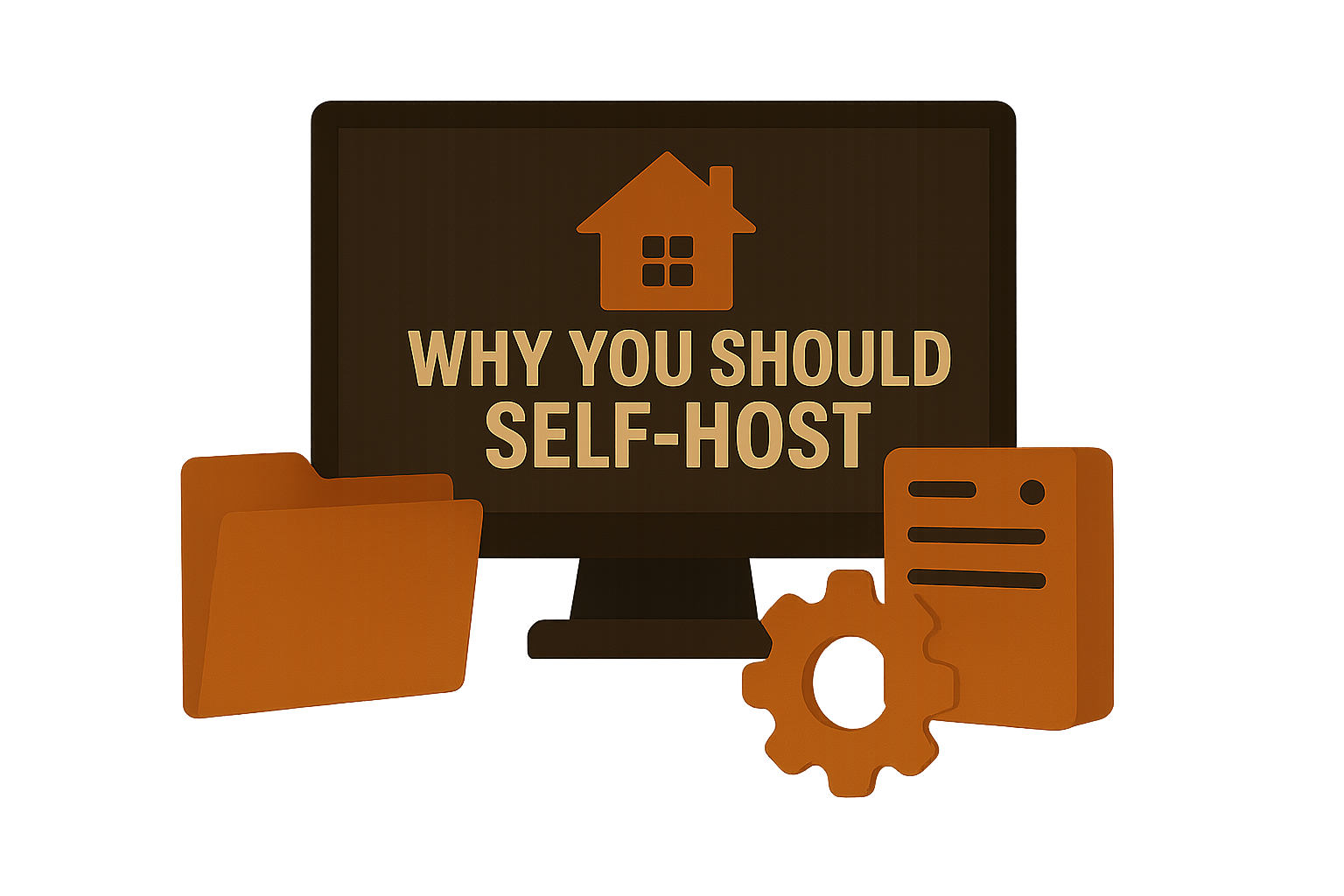
Why Even Bother?
There are several compelling reasons to explore self-hosting, but the first one is simple: cost savings. With the rising prices of subscription services and the fragmentation of content across multiple platforms, it’s increasingly difficult to justify paying for them all. Want to watch a specific show or movie? It might only be available on a platform you don’t subscribe to, prompting yet another $10/month fee on top of the others you’re already paying.
Now, consider this: how many services do you currently pay for each month? And how many of those could you run from your own home? In the long run, self-hosting could save you hundreds of dollars annually.
Greater Control and Flexibility
Another major benefit of self-hosting is freedom. You're not limited to the features or restrictions imposed by a third-party company. Instead, you choose what services you run and how you run them. Whether it’s a media server, cloud storage, or home automation platform, you can tailor the experience to your exact needs.
There’s an entire ecosystem of self-hosted applications available, many of which are open-source. The only limit is your curiosity and willingness to experiment.
Isn't It Difficult?
Not necessarily. If you’re even moderately comfortable with technology, you'll find countless tutorials, forums, and walkthroughs online to guide you through the process. Personally, I began self-hosting with zero experience. My only goal at the time was to control my smart home devices. Fast forward a few years, and I’m now running my own media server, document storage system, and more.
Do I Need Expensive Hardware?
Nope. I started with a simple Raspberry Pi, and it handled all my needs at the time. Later, I upgraded to an Intel NUC, which is admittedly more powerful than I currently require, but it was a great deal. You can easily find budget-friendly mini PCs online that are more than capable of running popular self-hosted apps.
And remember the cost comparison: $10/month for a single streaming service adds up to $120/year. That’s roughly the cost of buying a solid entry-level server setup, except you own it outright.
What About Power Consumption?
For lightweight hardware like Raspberry Pis and mini PCs, power usage is minimal. Of course, if you eventually move to a more powerful server, your electricity bill might increase slightly. But for most beginners, the power draw is negligible.
Is It Safe?
As long as you’re not exposing your server to the public internet (such as hosting a publicly accessible website), your risk is relatively low. That said, it’s still good practice to create regular backups using an external hard drive or other storage solution. If you do decide to make your services accessible remotely, there are tools like Cloudflare, fail2ban, and CrowdSec to help secure your setup.
Ready to Start?
Start small. Research what operating systems work best for your device, and check out guides and videos tailored to your setup. A great place to begin is r/selfhosted, a subreddit dedicated to this very topic. You might also find Noted helpful. It's a platform with reviews and recommendations for self-hosted apps.

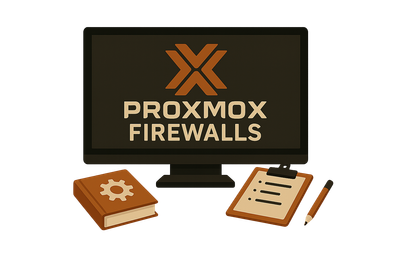
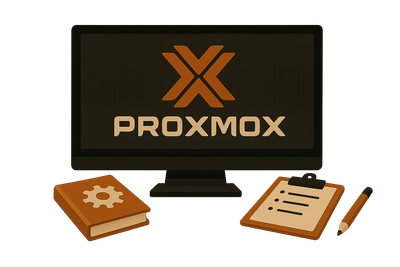
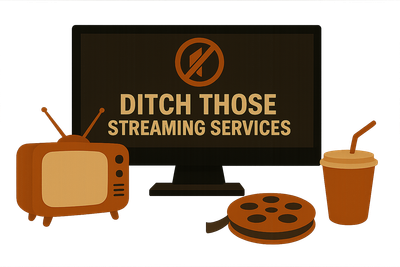
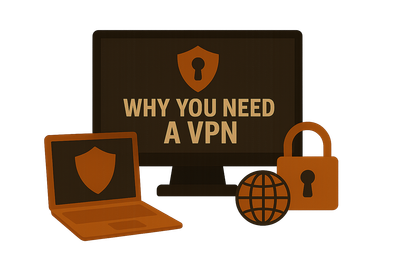
Member discussion